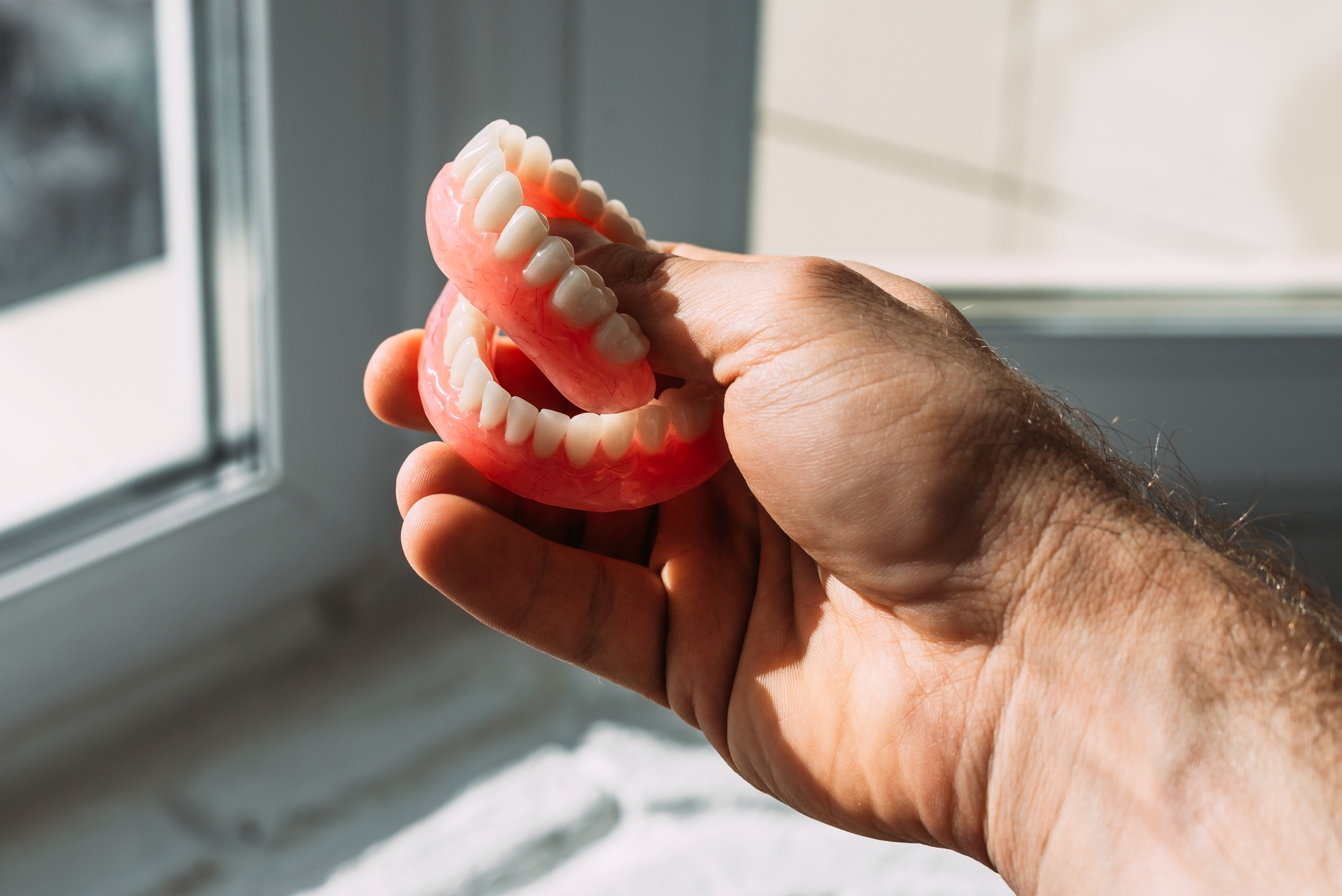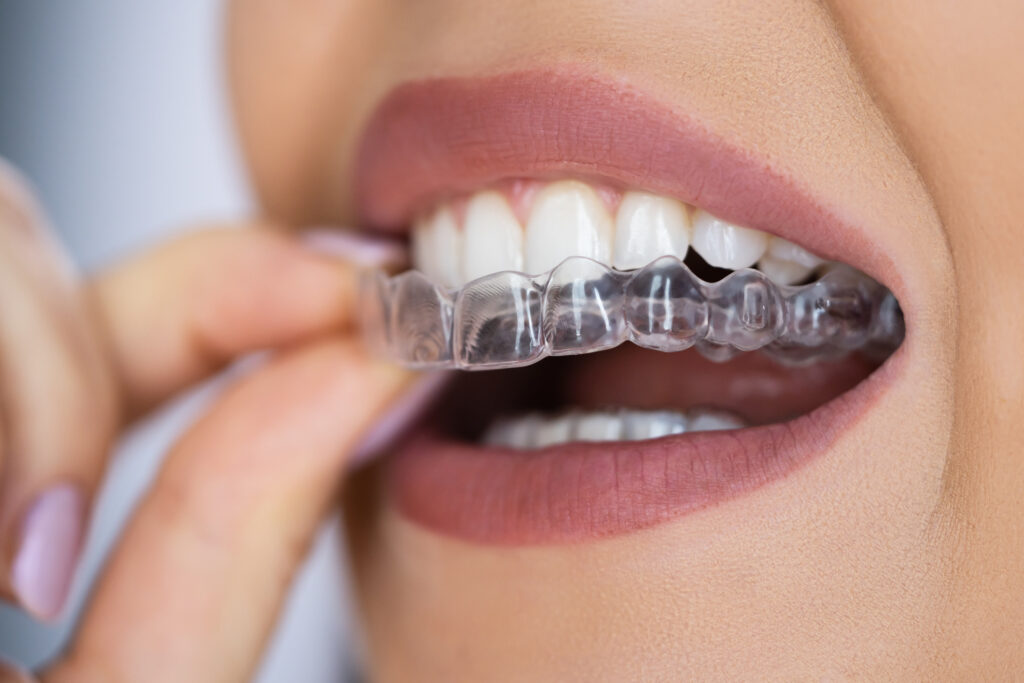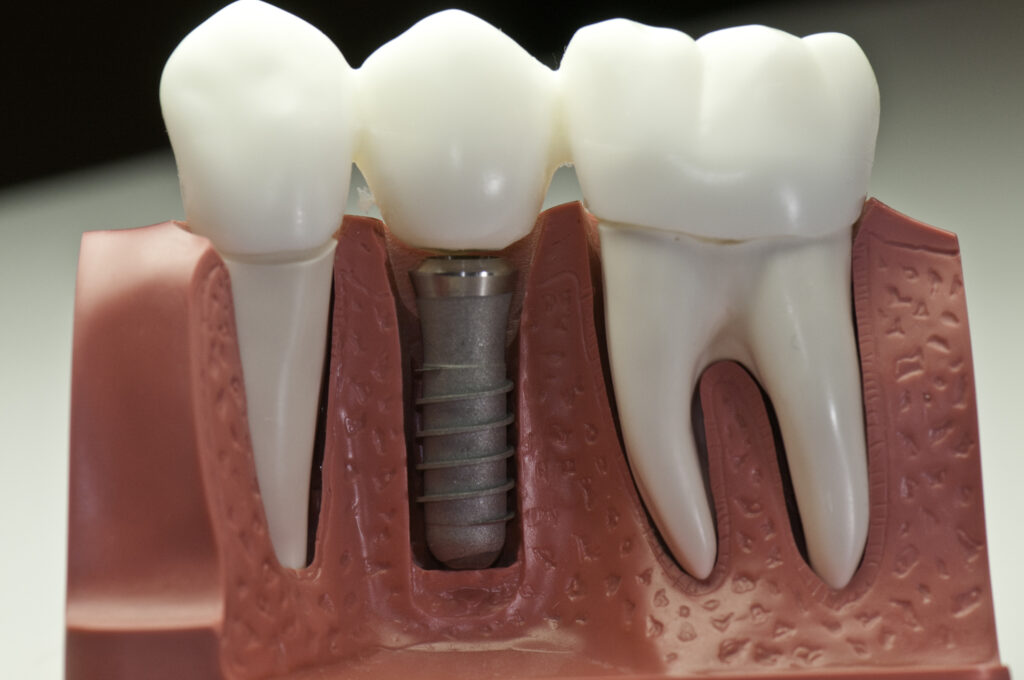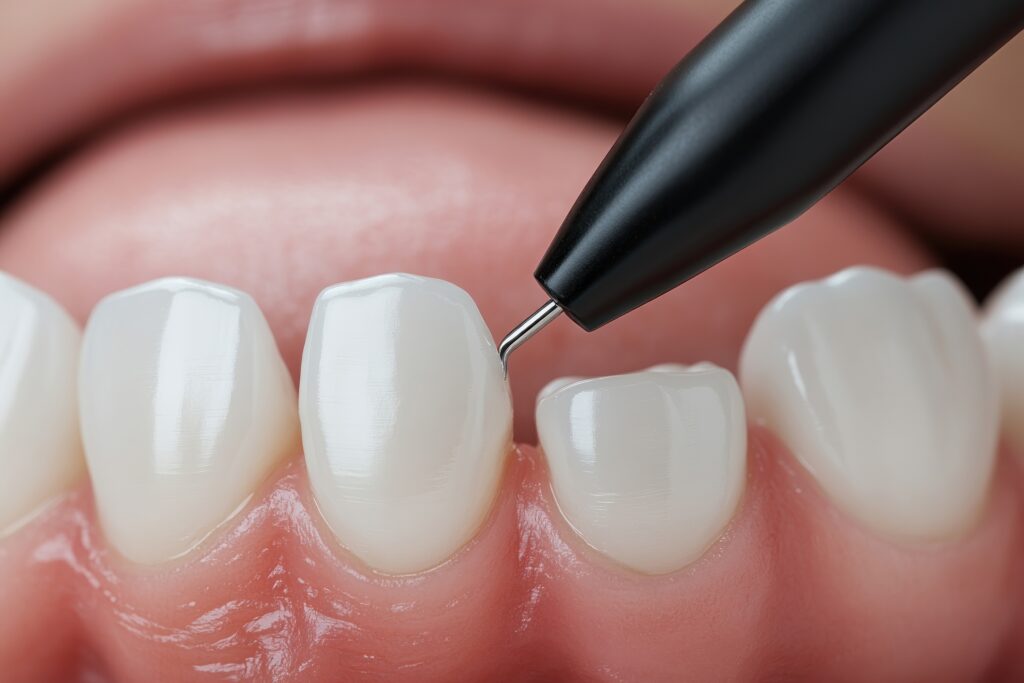For many people, wearing dentures is not only about replacing missing teeth but also about finding a safe and comfortable option that does not irritate delicate oral tissues. Patients with gum sensitivity often report pain, sores, or discomfort with traditional rigid dentures. This has raised an important question: are flexible dentures a safer alternative for people with oral tissue sensitivities? Looking at risks, benefits, and affordability can help patients and professionals make an informed choice.
The Risks of Conventional Dentures for Sensitive Mouths
Conventional dentures are usually made from rigid acrylic or metal bases. While effective in restoring chewing and appearance, these hard materials can rub against soft tissues in the mouth. For individuals with gum inflammation, thin oral mucosa, or allergies, this friction often leads to painful sores, swelling, or even infections.
Another problem with traditional dentures is poor adaptability to natural changes in the gums. As tissues shrink or shift, the rigid fit becomes less stable, increasing irritation. For sensitive patients, this risk is significant and can discourage long-term denture use.
How Flexible Dentures Reduce Irritation Risks
Flexible dentures are designed with softer, more adaptable materials that bend with the natural shape of the gums. Instead of pressing against tissues, they distribute pressure more evenly. This flexibility reduces the risk of sore spots and provides greater comfort for daily wear.
The material used in flexible dentures is also biocompatible and less likely to trigger allergic reactions compared to some acrylic or metal bases. For patients with recurring tissue sensitivity, this can make a big difference in oral health outcomes.
The transparent or gum-coloured base of flexible dentures also blends naturally with the mouth, giving both a safe and aesthetic solution. Many patients report being able to wear them for longer hours without the constant irritation caused by rigid prosthetics.
Balancing Cost and Comfort: Insights into Flexible Partial Denture Costs
Safety and comfort often come at a price, and flexible dentures are no exception. Flexible partial dentures cost is generally higher than standard acrylic versions due to advanced materials and custom design. However, when evaluating cost, patients should consider the long-term benefits of reduced pain, fewer dental adjustments, and improved quality of life.
For someone with oral tissue sensitivities, avoiding repeated visits for sore spots or infections may make the investment worthwhile. Instead of thinking only in terms of upfront cost, patients can weigh the medical and personal value of greater safety and comfort.
Easy Denture: Lower Risk or Hidden Drawbacks?
Easy dentures are marketed as a convenient, budget-friendly option. They are pre-made and designed to be fitted more quickly than fully customised prosthetics. For patients who want a faster solution, they may appear attractive.
However, for those with sensitive gums, easy dentures may not always provide the same gentle fit as flexible alternatives. Their structure is less adaptable, which could increase pressure points or instability over time. While they are useful as temporary or emergency solutions, sensitive patients should consult with their dentist to evaluate whether these dentures can safely meet their long-term needs.
Overall Benefit Profile for Patients with Oral Sensitivities
When comparing risks and benefits, flexible dentures clearly provide several safety advantages for patients with sensitive oral tissues. They reduce irritation, adapt to changing gum shapes, and offer improved biocompatibility. While the cost of flexible partial dentures may be higher, the health and comfort benefits can outweigh the financial concerns.
On the other hand, easy dentures remain a practical option for some situations, particularly for affordability or temporary use. But their limitations should be carefully considered in cases of tissue sensitivity.
Ultimately, the decision depends on the patient’s oral health condition, sensitivity level, and budget. Dental professionals play a key role in guiding patients to choose the safest option based on medical needs rather than cost alone.
Conclusion
For patients with oral tissue sensitivities, denture safety is not just a matter of comfort; it is essential for long-term oral health. Flexible dentures, with their softer materials and adaptive fit, provide significant benefits compared to rigid traditional options. Although the cost of flexible partial dentures is higher, the reduced risk of irritation and improved patient experience make them a safer choice for many.
Easy dentures offer convenience and affordability, but they may not always meet the needs of highly sensitive patients. By weighing risks, benefits, and personal circumstances, patients and clinicians can make decisions that protect both comfort and health.
Disclaimer
The information provided in this article is for educational and informational purposes only. It is not intended to replace professional dental or medical advice, diagnosis, or treatment. Patients with oral sensitivities or other health concerns should always consult a qualified dentist or healthcare provider to determine the most appropriate treatment for their individual needs. Open MedScience does not endorse specific products or treatments and accepts no liability for any decisions made based on the content of this article.




